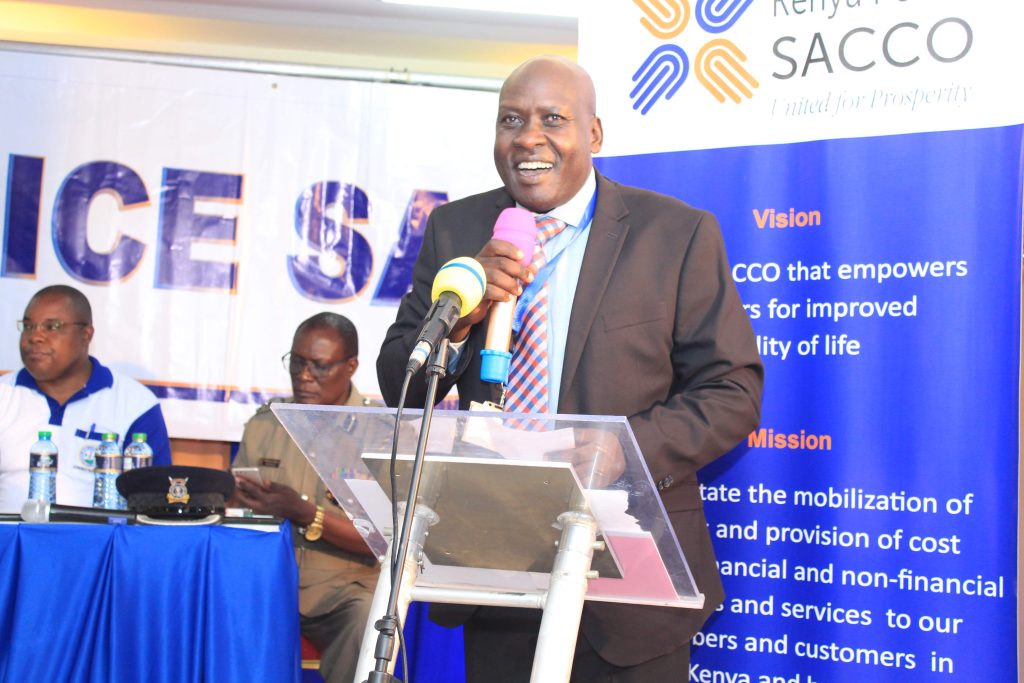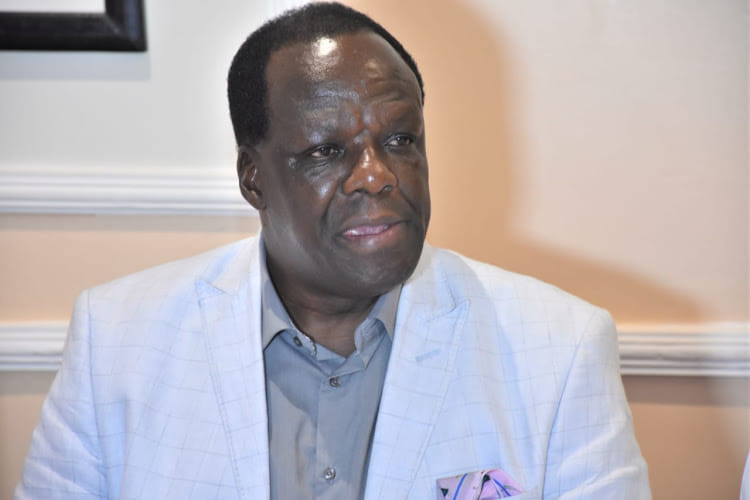Savings and Credit Cooperative Societies (Saccos) are turning to in-house managers for succession of top seats as opposed to hiring outsiders.
The change of tack aims at ensuring little or no disruption in the running of the savings societies.
Cooperatives are largely viewed as very democratic institutions, with members having a big say on who stays in office and for how long.
That has seen many Saccos settle for insiders partly because of familiarity about the integrity and leadership style.
Hiring from within also saves Saccos from the sometimes expensive and laborious process of conducting intelligence on external candidates.
Boresha Sacco entrenched the practice when the long serving CEO Moses Chebor retired from his position.
Chebor, who had served the Sacco for over three decades, handed over to Jacob Mengich, an insider who had served as deputy CEO for years.
In an interview with the Sacco Review, Chebor said it was easier to go for an insider to ensure smooth transition and continuity in the Sacco.
“Many Saccos prefer employing internally-built people. For my case, I have handed over to somebody who has been there for 27 years. It is about continuity. Saccos are very complex institutions to manage. For people coming from outside, however much qualified they may be, they will bring standards which members may oppose,” said Mr Chebor.
At Stima Sacco, the retirement of Chris Useki , saw the board settle for Gamaliel Hassan—an insider who was serving as Chief Manager for ICT and Operations in acting capacity.
Hassan had served as the CEO of Ufundi Cooperative for three and half years before joining Stima as the Chief Manager for business development in 2015.
Kenya National Police DT Sacco Chairman David Mategwa says the uniqueness of the cooperative movement makes it difficult for outsiders to bring impact.
“The model of cooperatives is that when you bring a banker, it may take him or her a lot of time to balance some issues. It works well to promote from within because it comes with less disruption. Cooperative movement model is about social and economic balance but when you come from the banking industry, you may focus more on business and lose it,” says Mategwa.
Several Saccos are now beginning to tweak their leadership structures to allow for growth and promotion of members of the management team into CEO roles.
Kenya National Police DT Sacco, for instance, now has a CEO who is being assisted by a line of general managers as opposed to just a deputy CEO.

This structure, Mategwa says, allows the general managers to be mentored and trained to fit into CEO roles upon the exit of the current chief executive.
“It means that someone within this team of line managers can become the CEO as opposed to picking an outsider to come and try a new set up that may not work well,” explains Mategwa.
Imarika Sacco had the position of deputy CEO but dropped it and created three new general managers’ positions.
Former Imarika Sacco Chairman Renson Ndoro says that the change was to address the notion that the deputy would succeed the CEO whether he or she was fit for the top role or not.
“Once you have a deputy CEO, they tend to relax and assume they are CEOs in-waiting. But with the three positions, the holders know they must perform to earn the position of the CEO,” said Ndoro.
Other Saccos are opting to pick CEOs from within the Sacco industry as was the case with Sheria Sacco which in 2018 picked Peter Kariuki to the CEO role from Kimisitu Sacco where he was holding a similar position.
Lilian Maina became the CEO at Ukristo na Ufanisi Sacco, now former, after quitting the role of Business Development and Marketing Manager at Ufanisi Sacco.
In November 2019 Safaricom Sacco Chief Executive Joseph Njoroge joined the Sacco as the CEO after quitting his position as Finance Manager at Ukulima Sacco.
The practice of insider hiring comes with the risk of missing out on unique skills that outsiders may have.
However, Sacco leaders say that investing in training can help eliminate such a risk and ensure there is a rich pool of people to succeed current leaders upon retirement.
Chebor proposes that Saccos go big on leadership training using the Cooperative University of Kenya—a public institution that provides education and training with emphasis on cooperative development.
“Cooperative University trains on cooperative movement principles and philosophy, among other commercial courses,” he advised.
He said Saccos should be training their own people by sending them to such places for a year or two year course.
By Sammy Chivanga
Get more stories from our website: Sacco Review
Kindly follow us via our social media pages on Facebook: Sacco Review Newspaper for timely updates.



